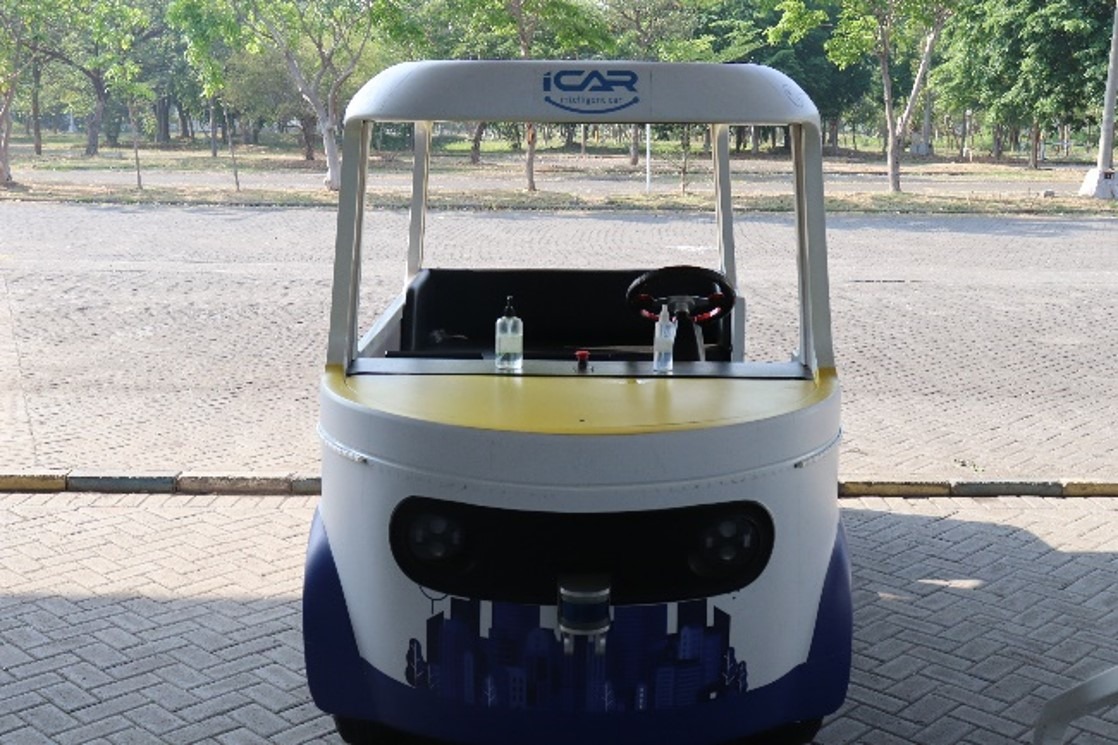The measurement and setting of targets for a more sustainable commuting strategy, with particular focus on zero-emission vehicles, serves as an important step toward mitigating transportation’s environmental impact. Organizations and institutions can significantly decrease carbon emissions, air pollution, and reliance on fossil fuels by regulating the use of zero-emission vehicles or setting clear targets for their adoption. The use of zero-emission vehicles as part of a sustainable commuting strategy not only reduces the carbon footprint, but also indicates a commitment to ethical and sustainable transportation methods. Additionally, this strategy becomes a model for other organizations and individuals keen on implementing cleaner and more sustainable transportation options. It fosters a culture of environmental responsibility, encourages technological innovation, and supports the transition to a greener and more sustainable future.
In the campus environment, ITS implements a Zero Emission Vehicles (ZEV) policy. ZEV policies are available and are offered at free of charge. The following are the ZEV policies on the ITS campus:








